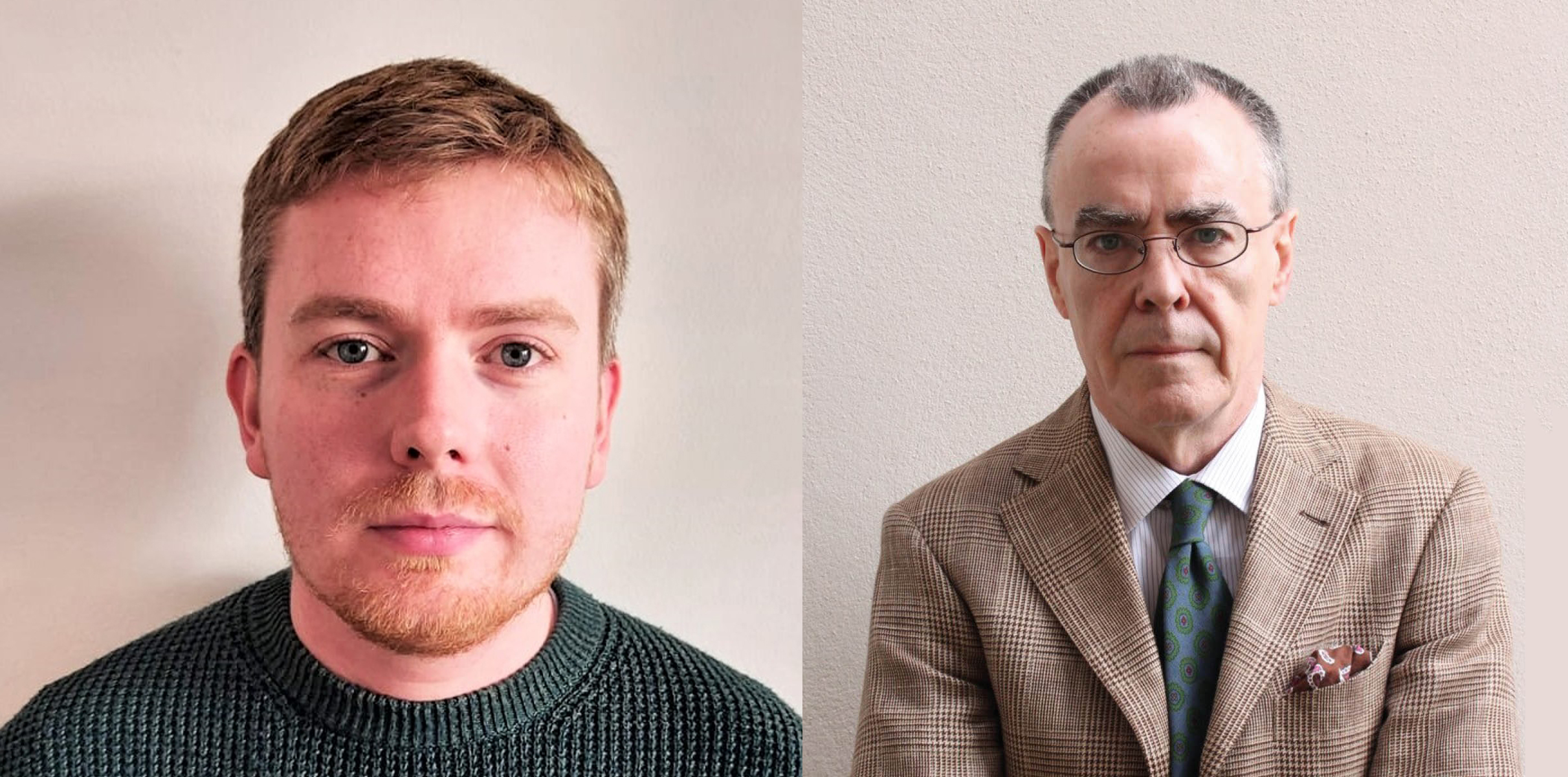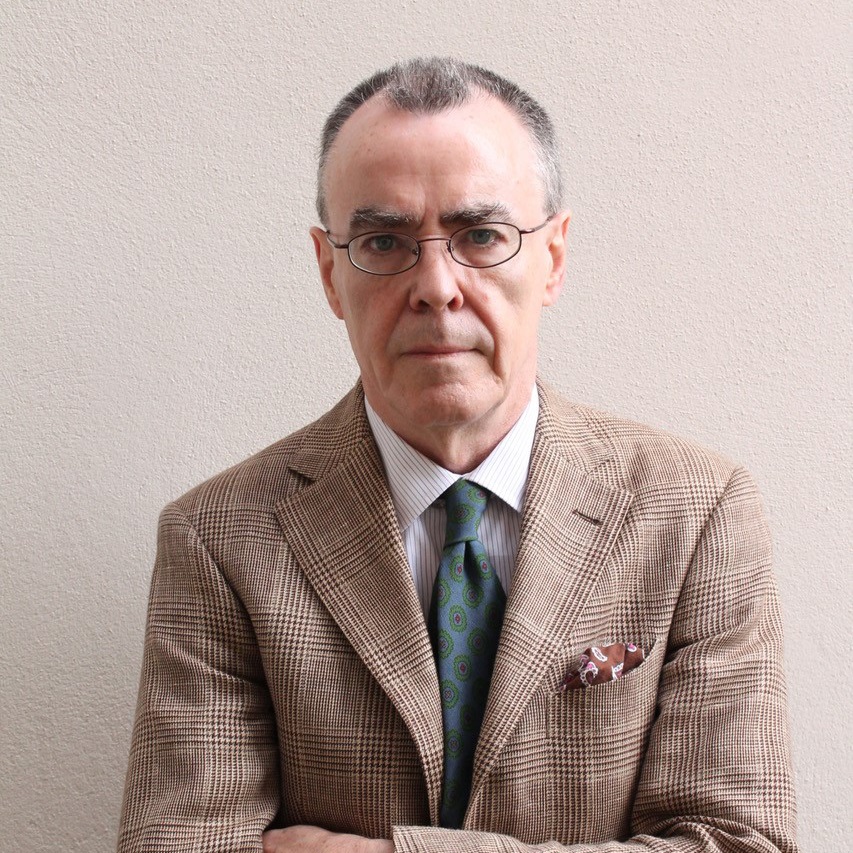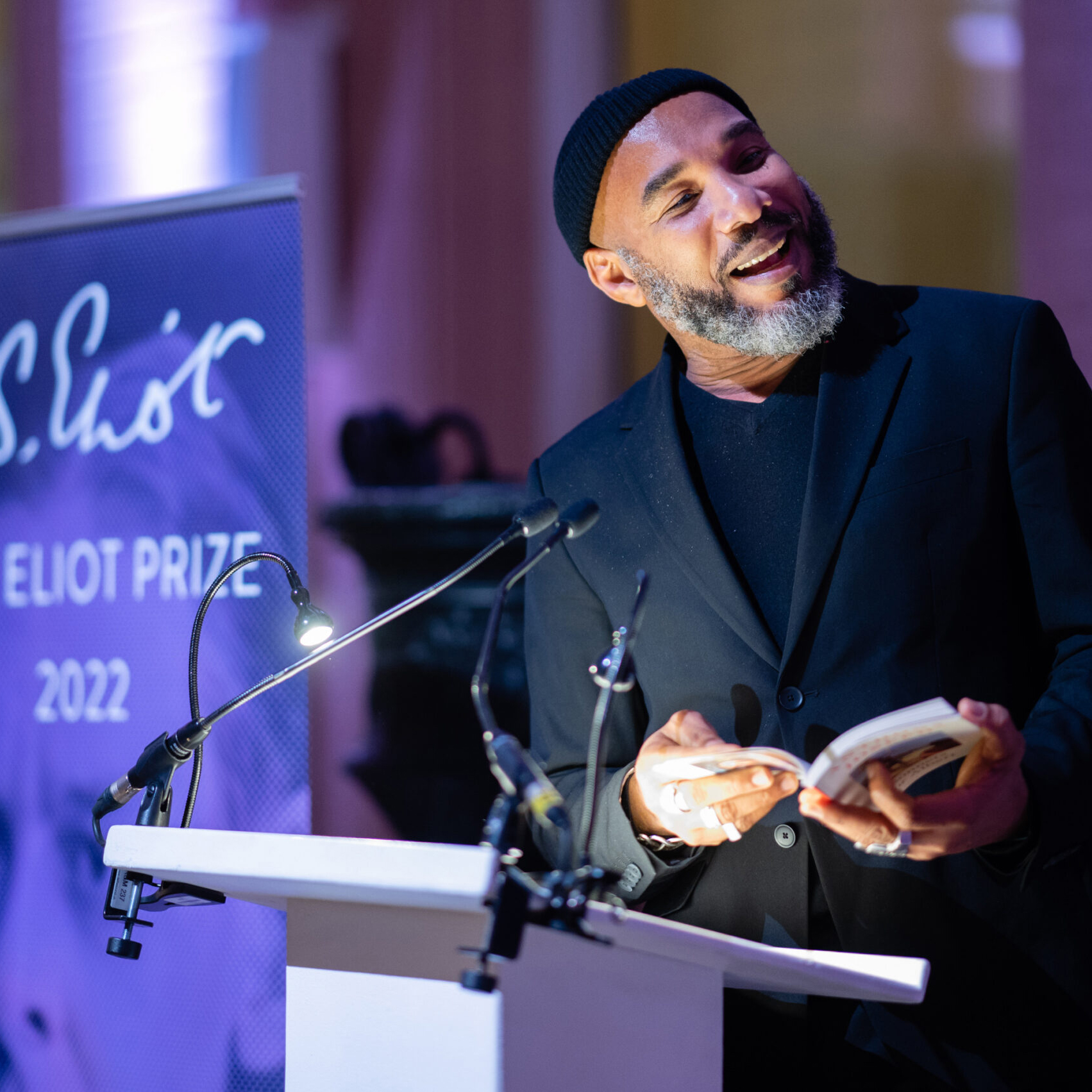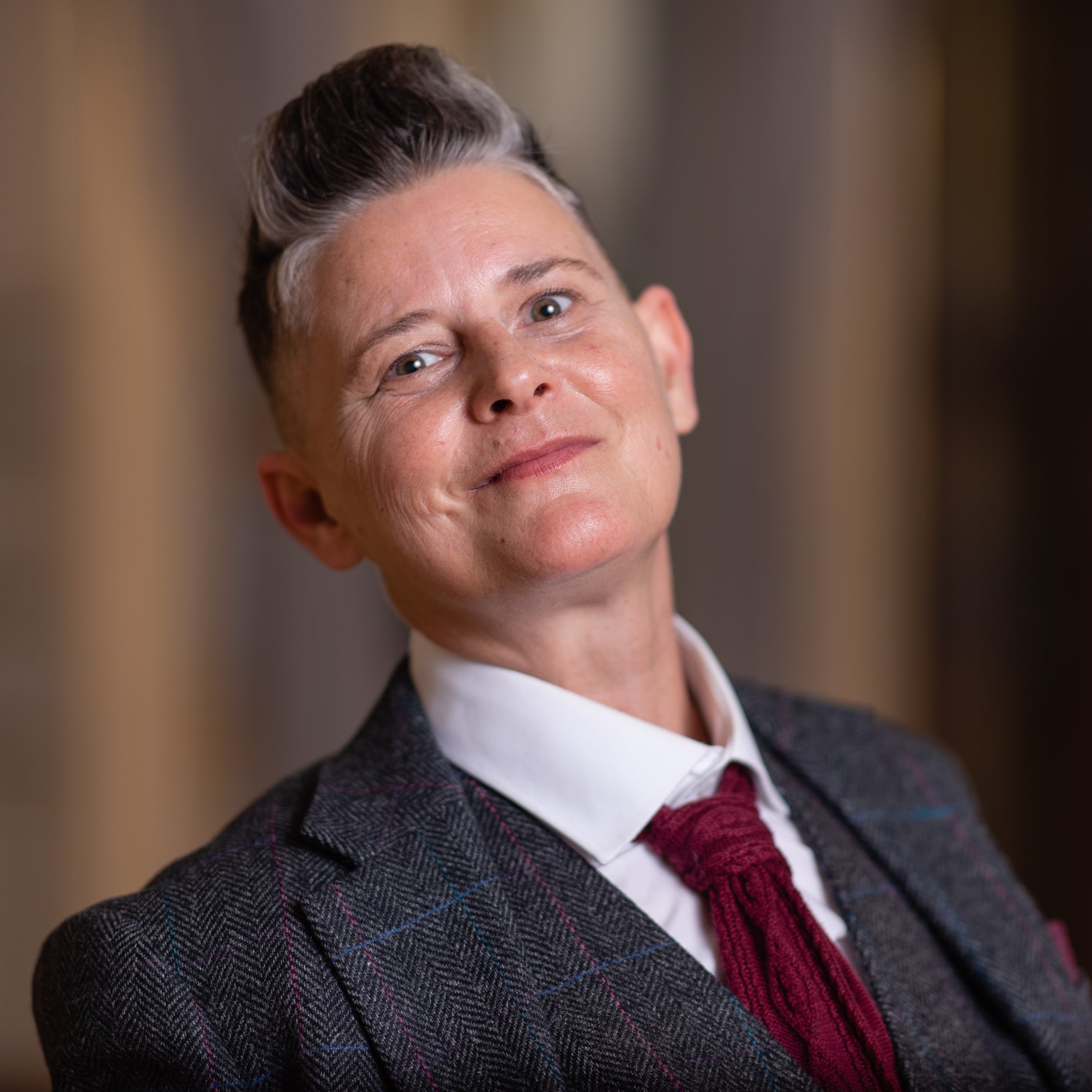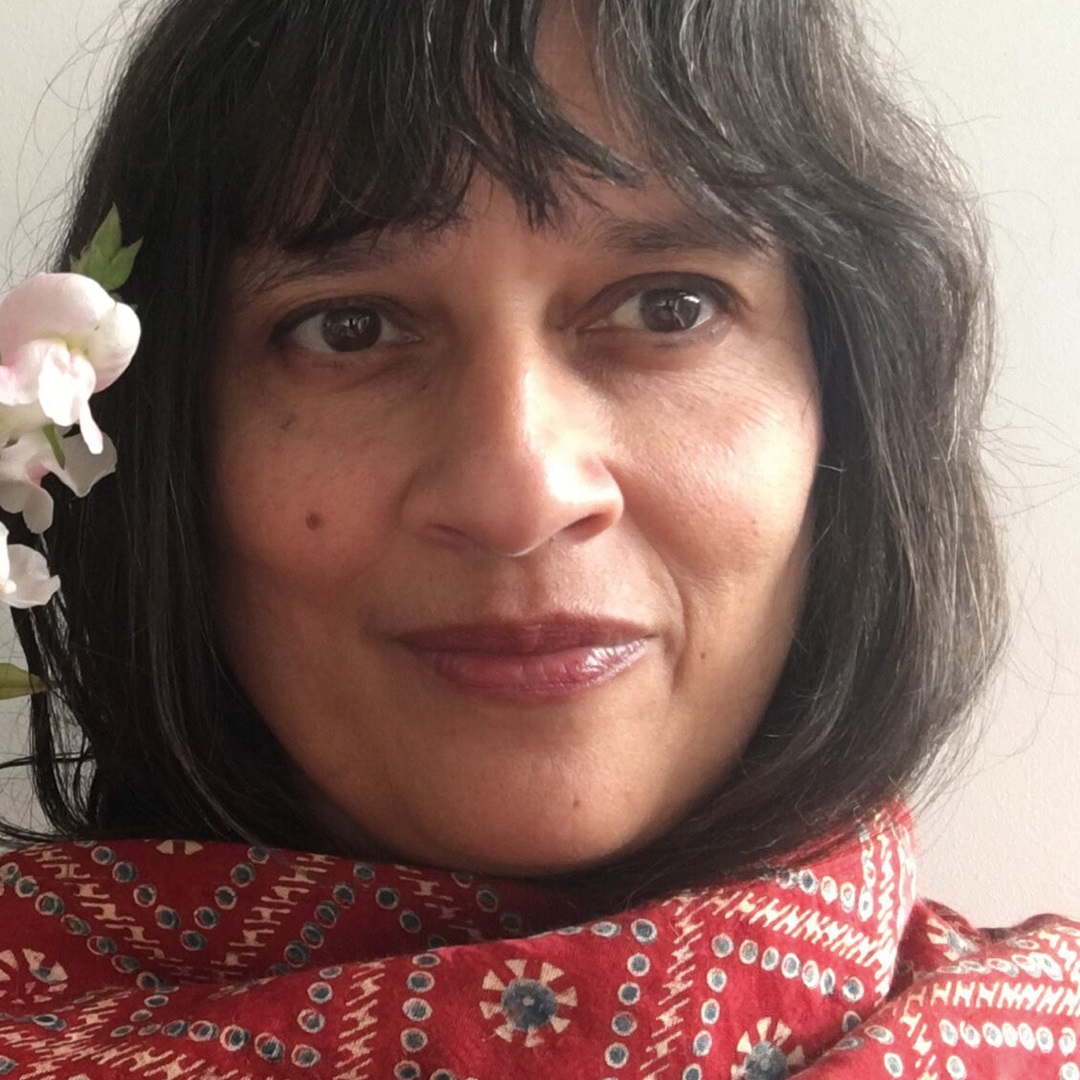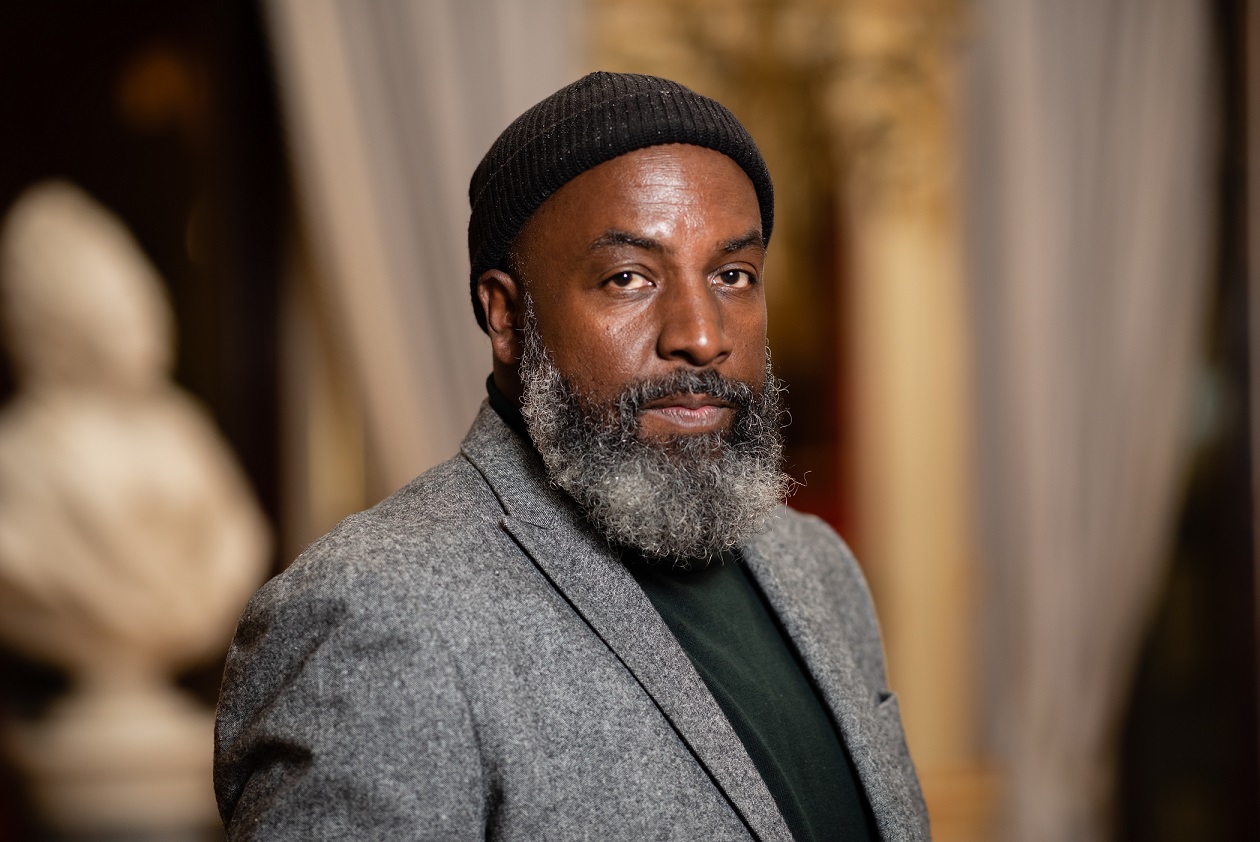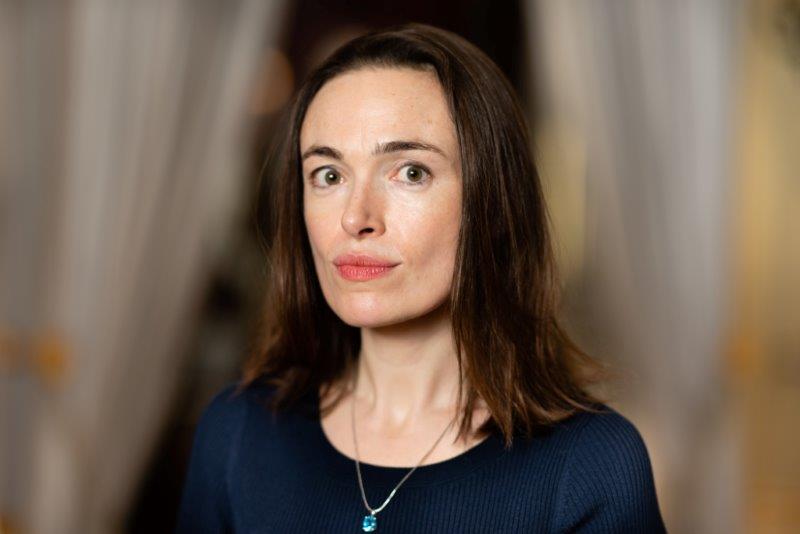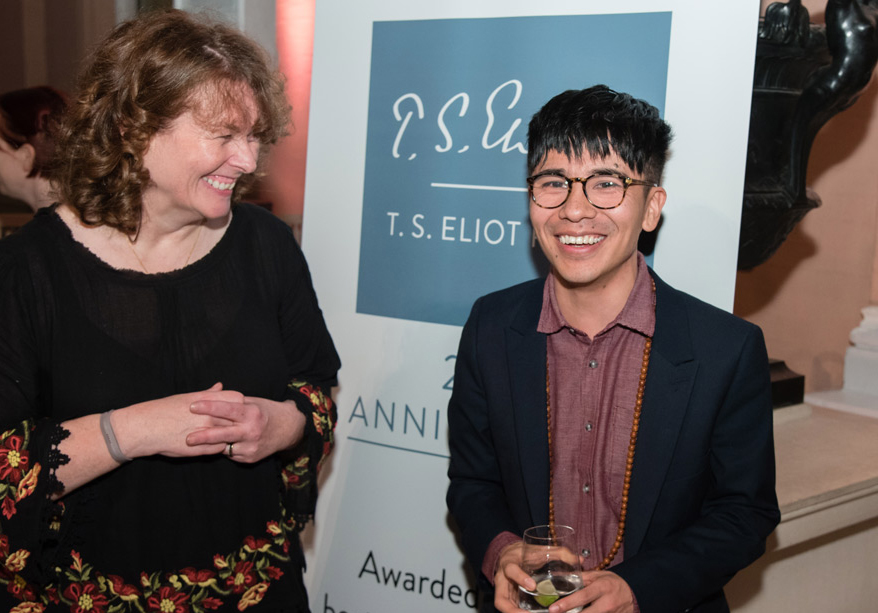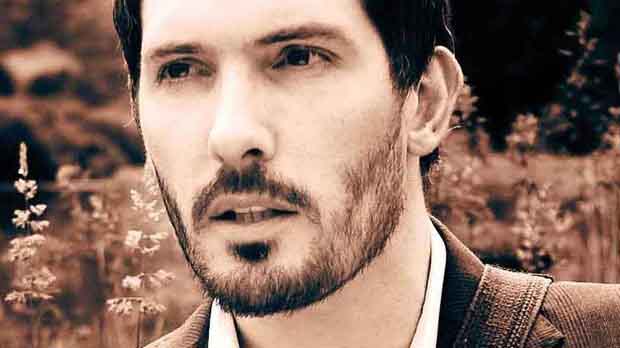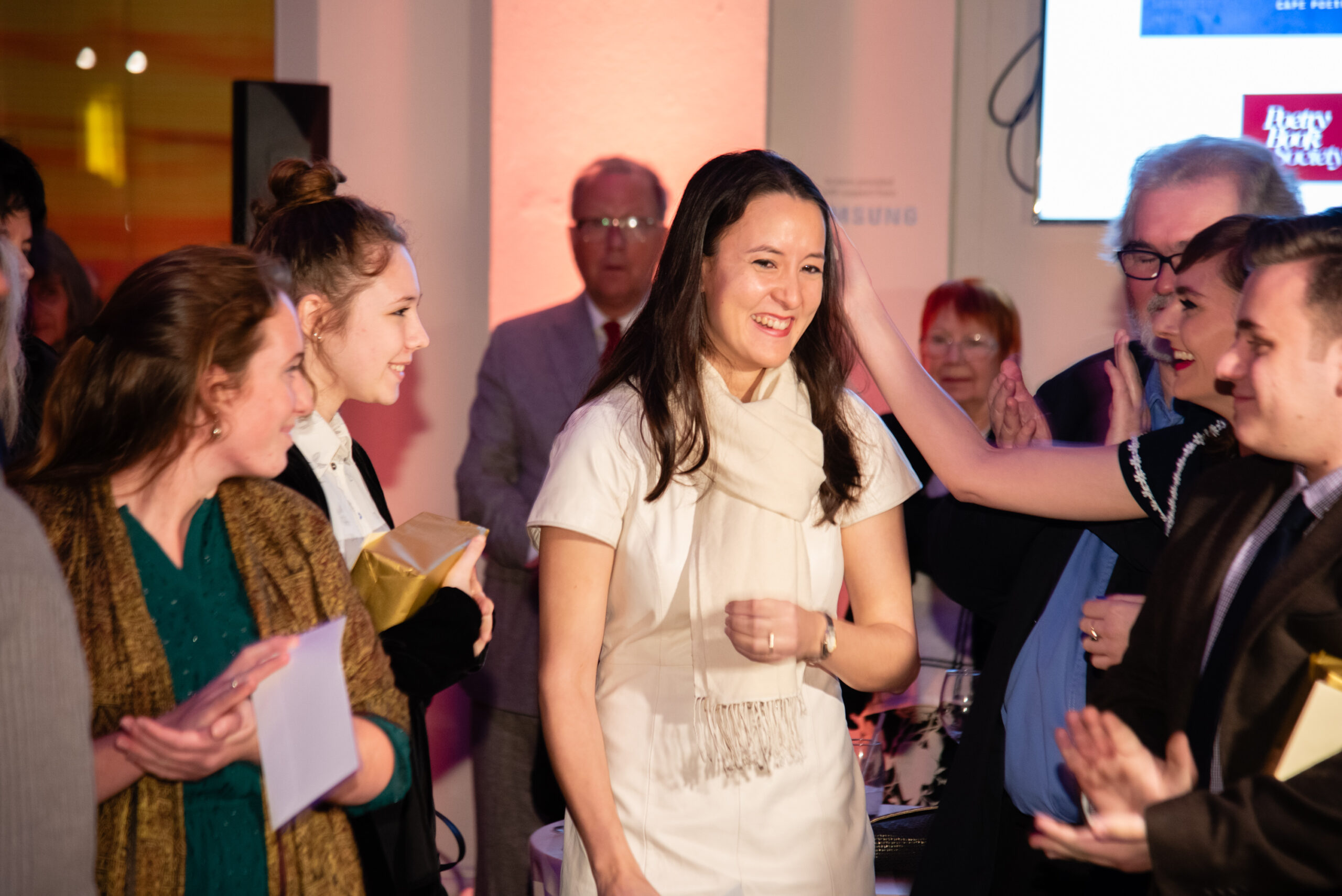winner
In 2023 the T. S. Eliot Prize celebrated its 30th anniversary. We marked the occasion by looking back at the collections which have won ‘the Prize poets most want to win’ (Sir Andrew Motion). First Language by Ciaran Carson (Gallery Press) was awarded the first T. S. Eliot Prize in...
Roger Robinson has won the T. S. Eliot Prize 2019 with his searing collection A Portable Paradise, published by Peepal Tree Press. After months of reading and deliberation, judges John Burnside, Sarah Howe and Nick Makoha unanimously chose the winner from a Shortlist which comprised five men, four women and...
The T. S. Eliot Foundation is delighted to announce that the winner of the T. S. Eliot Prize 2018 is Hannah Sullivan for her thrilling collection Three Poems, published by Faber & Faber. After months of reading and deliberation, judges Sinéad Morrissey, Daljit Nagra and Clare Pollard unanimously chose the...
The T. S. Eliot Foundation is delighted to announce that this year’s winner of the T. S. Eliot Prize 2017 is Ocean Vuong for his remarkable debut collection Night Sky with Exit Wounds, published by Cape Poetry. After months of reading and deliberation, Judges W. N. Herbert (Chair), James...
Jacob Polley’s disturbing tale of lost innocence wins world’s most prestigious poetry prize The T. S. Eliot Foundation is delighted to announce that the winner of the T. S. Eliot Prize 2016 is Jacob Polley for his remarkable new collection Jackself. After months of reading and deliberation, judges Ruth Padel...
This article on the T. S. Eliot Prize was first published on the Poetry Book Society website in 2016. The Poetry Book Society is delighted to announce that the winner of the T. S. Eliot Prize 2015 is Sarah Howe for her debut collection Loop of Jade, an intimate...
